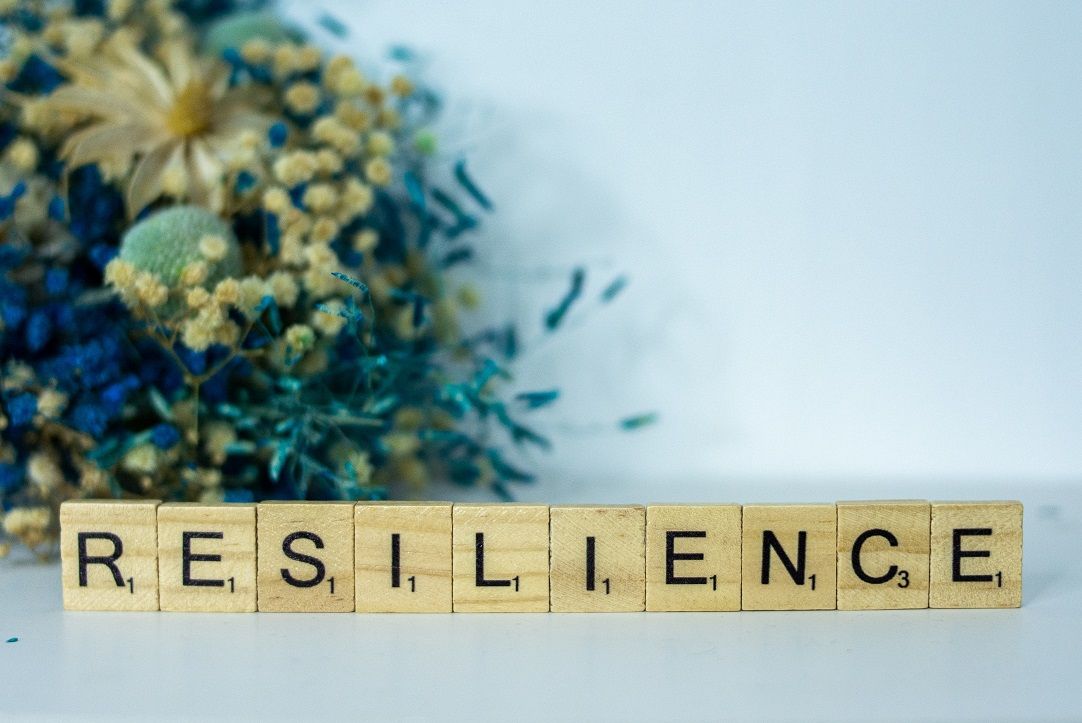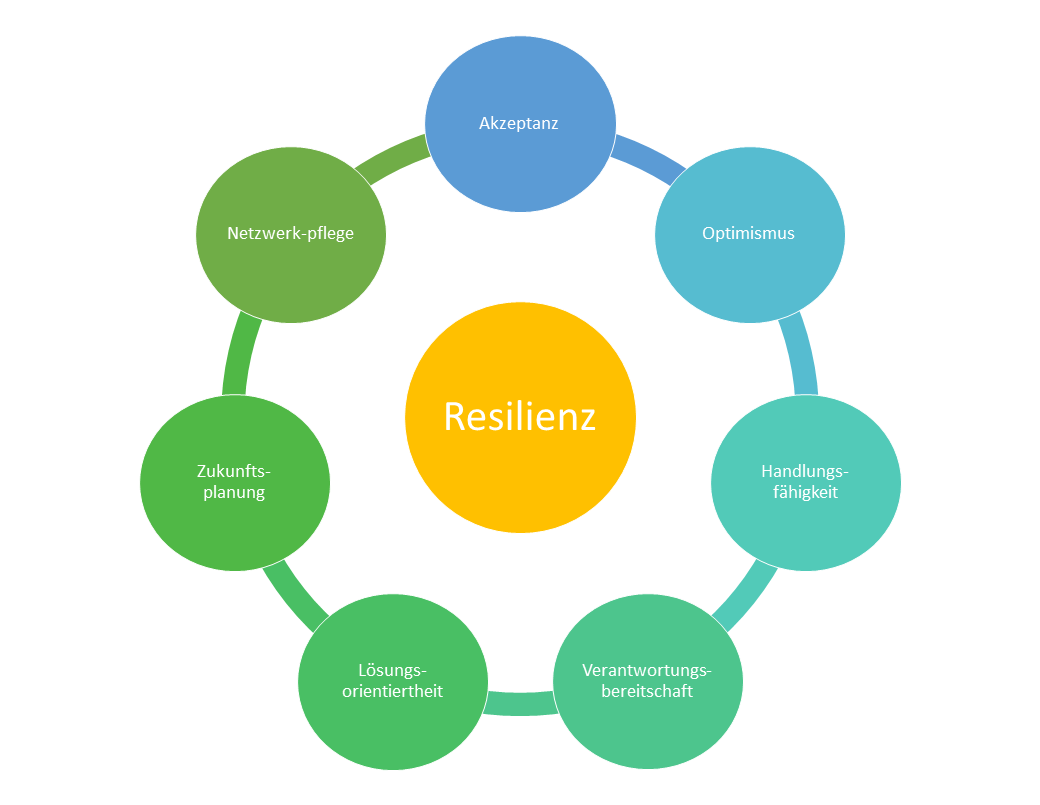The Inner Resilience
Would you like to deal better with crises and unforeseen events? These 7 factors will help you to become more resilient

Most of us have certainly experienced setbacks and blows of fate. These are serious experiences in our lives. Depending on the type of fate or setback, they can be difficult to accept, cope with, and process. Some of us feel overwhelmed by the situation and feel overwhelmed and broken. There is a high risk of developing a mental illness such as to develop an anxiety or addiction disorder or depression.
Others of us, on the other hand, are more resilient, seem to be able to deal with setbacks and blows of fate "easier" and find their way back to everyday life more quickly. Viewed from the outside, this can perhaps appear cold and "hardened".
This has very little to do with lack of emotion, but with inner resistance. One speaks of resilience.
What Does Resilience Mean?
Now we have already read the words "inner resilience" in the last sentence. And that is essentially what resilience is.
Resilience is the ability to overcome setbacks and blows of fate without major impairment and to gain strength and energy from them for positive further development.
The 7 Pillars Of Resilience
There are certain factors that are salient to inner resilience. They are also referred to as the 7 pillars of resilience.

1. Acceptance
A private crisis or a professional setback can happen in life and we cannot change it. Normally it is only a temporary situation. It is therefore important to accept the situation as it is.
2. Optimism
Through optimism we can draw energy for our (further) development. If we can take something positive from every crisis, it will help us to better manage the crisis.
Becoming more optimistic can be practiced. For example, we can take a notebook and every evening write down 3 things that were nice that day, what we were happy about, etc. By regularly taking notes, our perspective changes and our focus becomes more on the positive events than addressed the negative.
3. Ability To Act
This is about self-perception and the recognition of one's own role. If we admit to ourselves that we don't want to remain in the so-called "victim role", we can take action and deal with the situation. We are beginning to determine our actions ourselves and not let the crisis determine them.
4. Responsibility
The ability to act is followed by the willingness to take on responsibility. If we are resilient, we can reflect on our situation and ourselves, draw conclusions from it and decide on our own responsibility how to get out of the crisis.
5. Solution Orientation
People with low resilience usually look for reasons for their problem or crisis. Resilient people look for a solution rather than a reason.
6. Future Planning
Instead of sitting still and letting everything come our way, we should try to actively plan our future. By setting achievable goals, we have something tangible in mind to give our energy to.
7. Network Maintenance
By network maintenance we understand our social contacts. Friends, family, mentors, but also coaches and psychologists. Sometimes we don't get out of a crisis alone, no matter how hard we try. There is no shame in asking for advice or help. Be it advice from friends and family or professional help. When we seek help, it is a sign of strength, not weakness.
Conclusion
Resilience is not innate. In the best-case scenario, inner resilience is shaped in childhood by upbringing, the family environment and interactions with peers.
Of course, each of us deals differently with crises, fate and setbacks. This is perfectly normal. However, in order to prevent depression or other mental illnesses, it is important to strengthen your own resilience. Low points are just as much a part of life as high points.
If you want to emerge from a crisis feeling strong and more positive, you can practice resilience. Resilience trainers like Tobias Blanke offer help. They help to develop new patterns of thought and action, promote new or rediscovered skills and show ways and exercises to strengthen inner resilience.